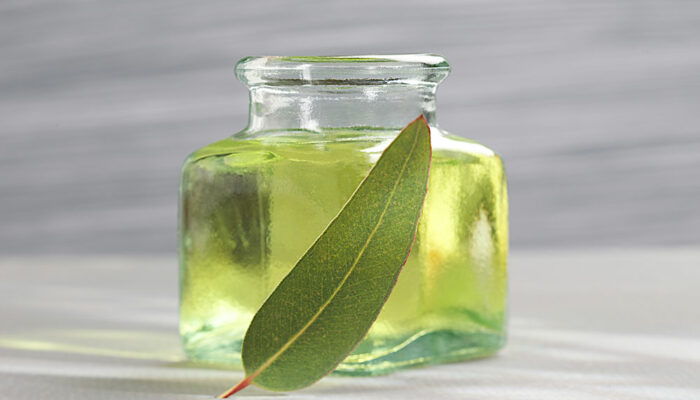
Treatment Options for Different Types of Ulcers
Ulcers are fairly common and can occur on any part of the body. There are different ulcers and there are treatments for them based on their type and stage. Ulcers can be treated through home remedies or medications.
An ulcer is a sore that can be painful, takes time to heal, and it can recur if not treated well. The presence of ulcers and the types depend on the cause and the region it is present in. They can occur in the inner lining of the stomach or the skin or anywhere on the body. In certain cases, ulcers disappear by themselves while in others, they require medications.
1. What are the types of ulcers?
There are several types of ulcers, and the most common one is peptic. The type of ulcer depends on what caused them.
Here are some of the most common ulcer types.
- Venous ulcers
- Arterial ulcers
- Mouth ulcers
- Genital ulcer
2. What are the types of peptic ulcers?
Peptic ulcers are by far the most common ulcer types that affect a person.
The three types of peptic ulcers are
- Gastric ulcers that develop in the lining of the stomach
- Esophageal ulcers that develop in the esophagus
- Duodenal ulcers that develop in the small intestine
3. What are the common symptoms of ulcers?
The most common symptom of an ulcer is the burning sensation that can be very painful.
There are also several other symptoms of ulcers.
- Belching
- Bloating
- Heartburn
- Nausea
- Chest pain
- Vomiting
- Unexplained weight loss
The treatment of the ulcer depends on the type.
4. What are the treatment options for peptic ulcers?
The treatment depends on the type of peptic ulcer. Your doctor may prescribe you antibiotics along with painkillers. The medication is given to reduce stomach acid and reduce the damage.
5. What is the best treatment option for arterial ulcers?
Treatment depends on the underlying cause of the ulcer. It is focused on restoring blood circulation in the region. The antibiotics reduce the symptoms and you may even be recommended surgery to increase the blood flow in the organs and tissues. In severe cases, it may lead to amputation.
6. What is the best treatment option for venous ulcers?
This is a leg ulcer that generally forms on open wounds on the leg and may take several months to fully heal; in some cases, they never do. The treatment improves the blood flow in the region, prevents infections and reduces the symptoms. If the ulcer is severe, you may have to undergo surgery.
7. What is the best treatment for mouth ulcers?
The doctor may prescribe antimicrobial mouthwash or ointment to ease your discomfort. Also known as canker sores, these are small lesions or sores that develop in the mouth usually go away in a week or two, but can be very uncomfortable. If they are extremely painful and do not go away in 2 weeks, consult a doctor immediately.
8. What is the treatment option for genital ulcers?
Doctors may prescribe antibiotics or antiviral medication based on cause and types of genital ulcers. These ulcers can appear in the genital regions and are usually transmitted through STIs. They can also be caused due to trauma or allergic reactions or inflammatory diseases.
9. What are the foods that can soothe an ulcer?
Here are some of the foods that you can include in your diet if you have any of the ulcer types mentioned above.
- Probiotics
- Honey
- Garlic
- Cranberry
- Mastic
- Vegetables
- Fruits
- Whole grains
- Flavonoids
- Licorice
10. Are ulcers dangerous?
If left untreated, ulcers can become worse and lead to serious health complications like perforation or may even require amputation if they become infectious. If treated in the early stages, ulcers usually get completely healed. It is best not to ignore the symptoms of ulcers.



